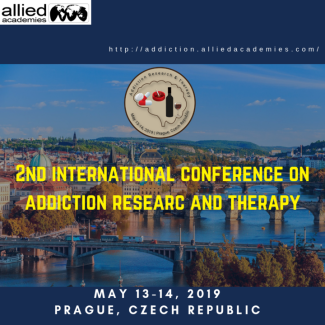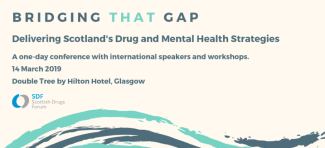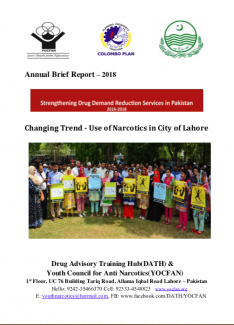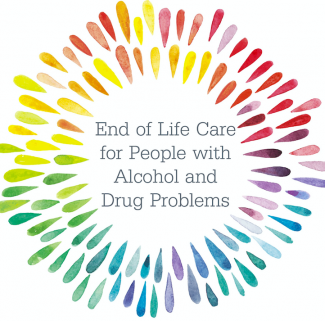Applying interventions designed to reduce and manage the symptoms of substance use disorders.
Treatment
2nd International Conference on Addiction Research and Therapy, May 13-14, 2019 Prague, Czech Republic

Bridging That Gap – Delivering Scotland’s Drug and Mental Health Strategies
Mental health issues can lead people to develop a substance use problem; living with a substance use problem can cause or exacerbate a mental health problem. Mental health can be a significant cause and complication to problem substance use and affects people in midst of crisis and in recovery.

Effectiveness Bank Analysis: Guidance on Some of the Trickiest Decisions Therapists Have to Make
The UN SDG Action Awards
Annual Report: Use of Narcotics in City of Lahore

Podcast: Effectiveness of Brief Alcohol Interventions in Primary Care Populations
Barriers in Substance Use Disorder Treatment
EPPIC - Exchanging Prevention Practices on Polydrug Use among Youth In Criminal Justice Systems: A ‘Solutions Focused’ Workshop
The workshop is part of a project funded by the Health Programme of the EU and is run in collaboration with partners in the UK (Middlesex University, Health Opportunities Team, Change Grow Live), Austria, Denmark, Germany, Italy and Poland.
CCSA's Issues of Substance 2019 Conference
CCSA's Issues of Substance Conference will take place at the Westin Ottawa from November 25-27, 2019, as part of National Addictions Awareness Week.
The theme for CCSA's IOS 2019 Conference is Evidence and Perspectives, Compassion and Action.

Website: End of Life Care for People with Problematic Substance Use
